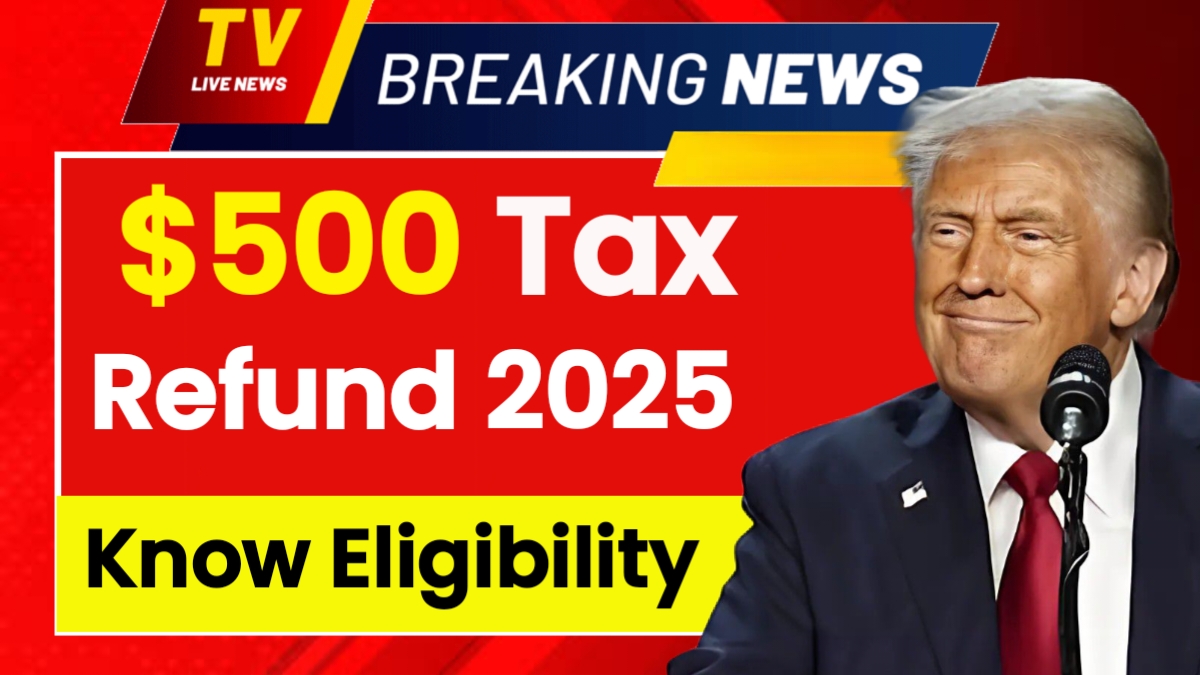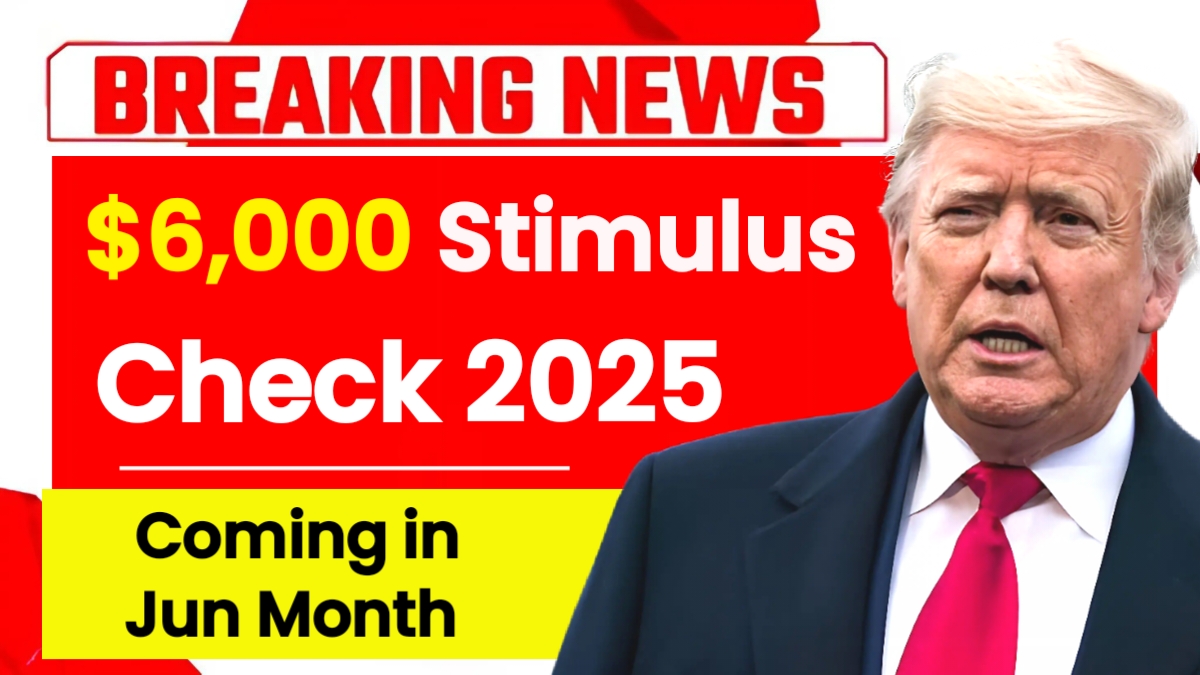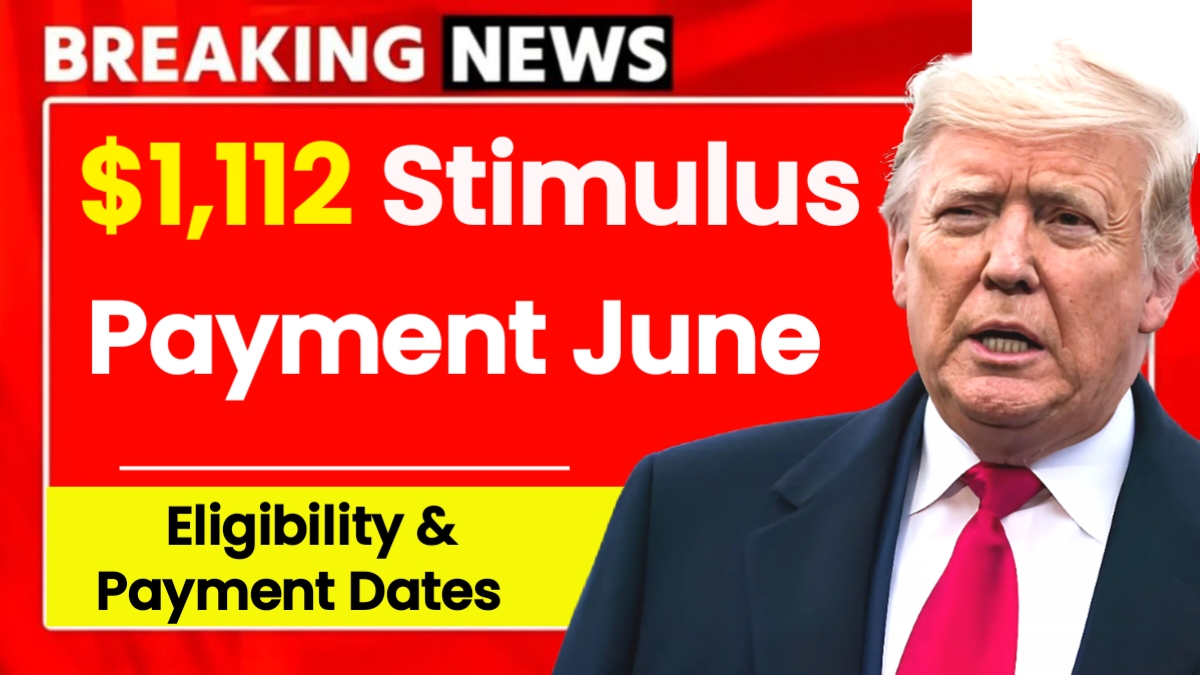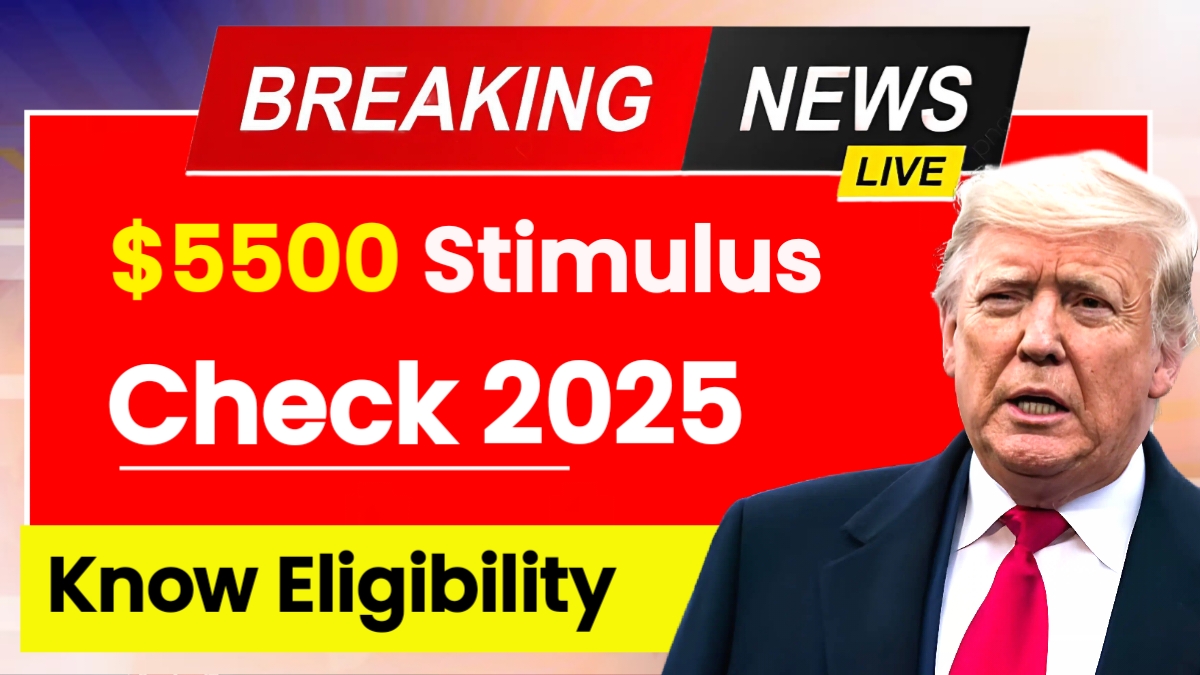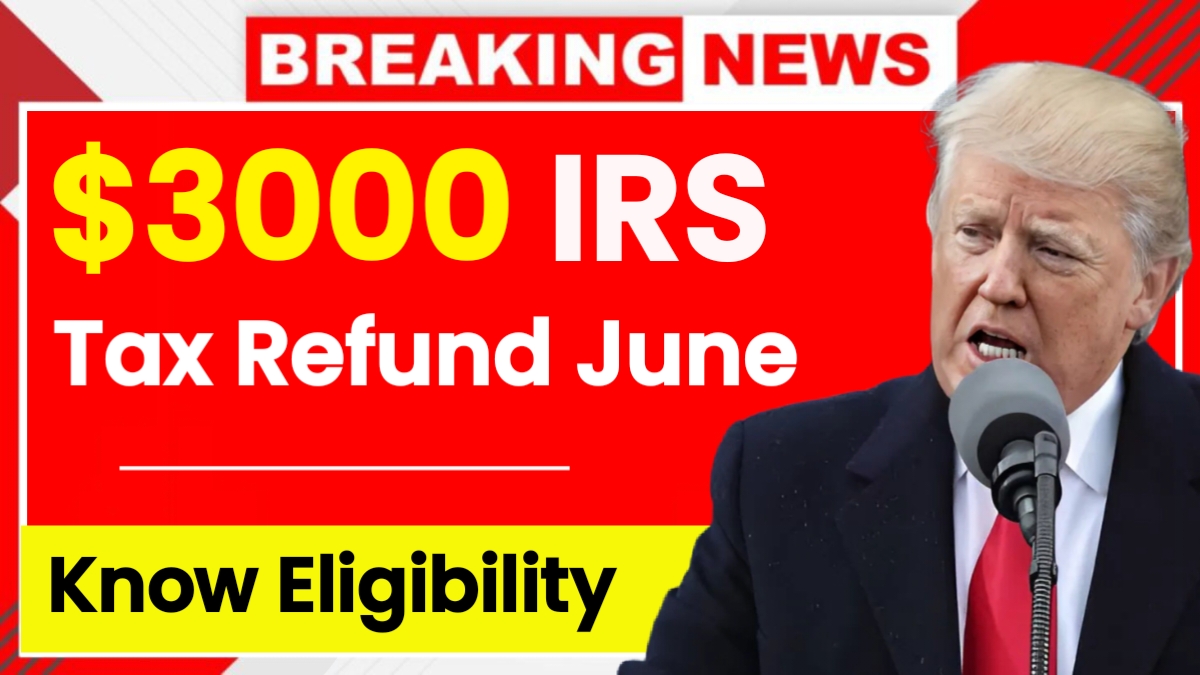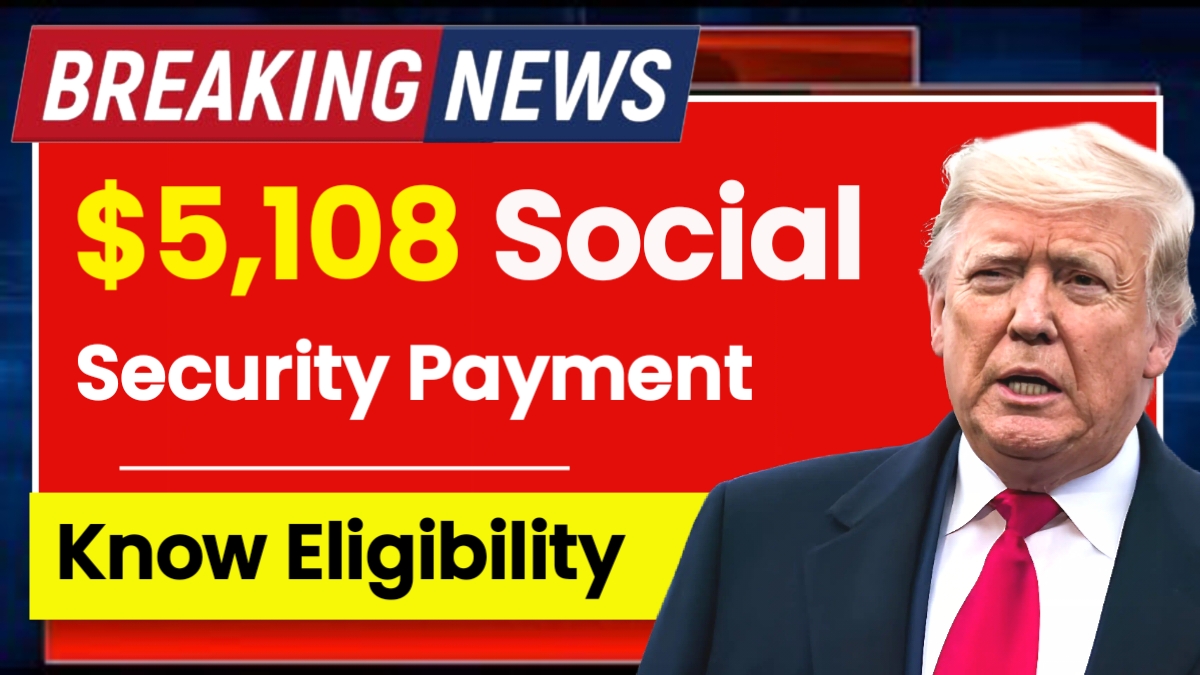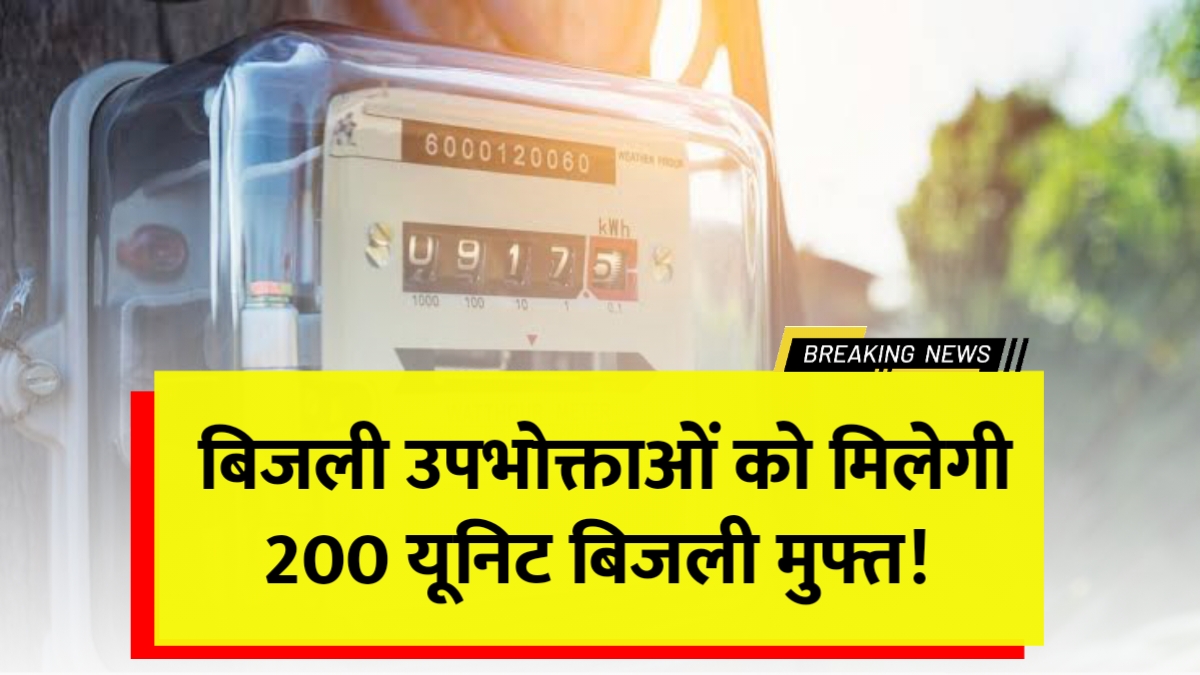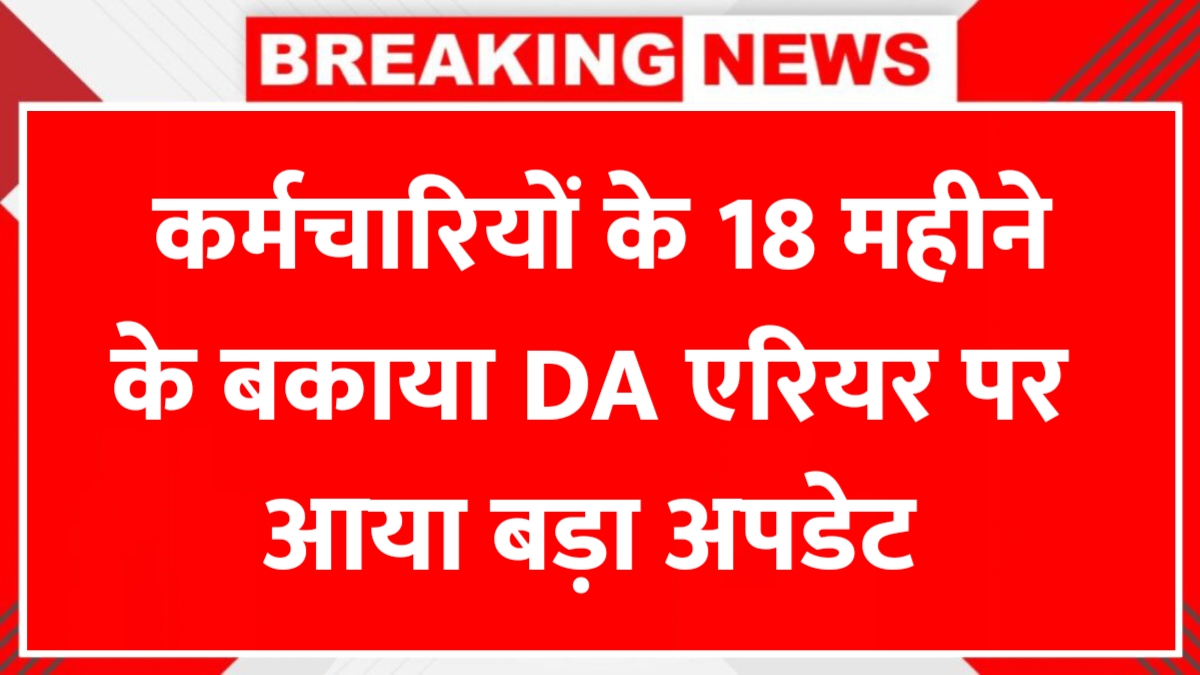Despite widespread rumors and social media speculation, there is no official confirmation from the United States government or the Internal Revenue Service regarding the release of $2,000 stimulus checks in June 2025. These claims have been circulating on various social media platforms and third-party websites, but they lack any legitimate government backing or official documentation. The rumors appear to be based on wishful thinking rather than actual policy proposals or legislative action. It is crucial for Americans to understand that no federal agency has announced, proposed, or even hinted at the possibility of new stimulus payments for 2025. The spread of this misinformation has caused confusion among many citizens who are struggling financially and hoping for additional government assistance.
Understanding the Origins of Stimulus Payments
The concept of stimulus checks originated during the COVID-19 pandemic as part of the CARES Act of 2020, which was designed to provide immediate financial relief to Americans facing economic hardship. These payments were created as emergency measures to help people cope with job losses, reduced income, medical expenses, and other financial challenges caused by the global health crisis. The federal government distributed three rounds of stimulus payments between 2020 and 2021, with the final payment being issued in March 2021. Since then, the stimulus payment program has been officially discontinued, and the government has shifted focus to other forms of assistance such as enhanced unemployment benefits, child tax credits, and various social safety net programs.
Why These Rumors Persist and Spread
The persistence of stimulus check rumors can be attributed to ongoing economic challenges that many American families continue to face. Rising costs of living, inflation, housing expenses, and healthcare costs have created financial stress for millions of households, leading many to hope for additional government assistance. Social media platforms and unverified news sources often amplify these hopes by creating sensational headlines about potential payments that have no basis in reality. Unfortunately, some websites generate these false stories to attract visitors and advertising revenue, taking advantage of people’s financial concerns and legitimate desire for government support during difficult times.
Hypothetical Eligibility and Distribution Process
If such stimulus payments were to be approved in the future, which currently appears unlikely, they would probably follow similar eligibility criteria as previous rounds. Income thresholds would likely remain consistent with past programs, meaning single individuals earning less than $75,000 annually and married couples earning less than $150,000 would potentially qualify. Recipients of Social Security, Supplemental Security Income, Social Security Disability Insurance, and Veterans Affairs benefits might also be eligible based on their income levels. The distribution process would likely mirror previous stimulus programs, with payments being sent directly to recipients’ bank accounts using information from their most recent tax returns, eliminating the need for separate applications or registration processes.
Current Government Assistance Programs Available
While new stimulus checks are not available, several government assistance programs continue to provide support to Americans in need. The Social Security Administration continues to manage regular benefit payments for eligible recipients, and various state and local programs offer financial assistance for housing, food, and healthcare expenses. The Supplemental Nutrition Assistance Program, Medicaid, and housing assistance programs remain available for qualifying individuals and families. Additionally, tax credits such as the Earned Income Tax Credit and Child Tax Credit provide financial relief during tax season. Americans facing financial hardship should explore these existing programs rather than waiting for unconfirmed stimulus payments that may never materialize.
How to Verify Government Payment Information
To avoid falling victim to misinformation about government payments, Americans should always verify information through official government sources. The Internal Revenue Service website provides accurate information about all federal tax credits and payments, while the Social Security Administration website contains details about benefit programs for seniors and disabled individuals. State government websites offer information about local assistance programs and emergency financial aid. Citizens should be particularly cautious about information found on social media or unofficial websites, as these sources often spread unverified claims that can lead to disappointment and poor financial planning decisions.
Protecting Yourself from Financial Misinformation
Financial misinformation can have serious consequences for individuals and families who make decisions based on false information about government assistance. Rather than waiting for unconfirmed payments, Americans should focus on accessing available resources and building financial stability through existing programs and personal financial management. This includes exploring legitimate assistance programs, seeking employment opportunities, and consulting with financial advisors or social workers who can provide guidance about available resources and support systems in their communities.
Disclaimer: This article is based on publicly available information and current government policy. No official stimulus payments have been announced for 2025. Readers should consult official government sources such as the IRS, Social Security Administration, and Treasury Department for accurate information about federal assistance programs. Claims about future stimulus payments should be verified through official channels before making any financial decisions.





